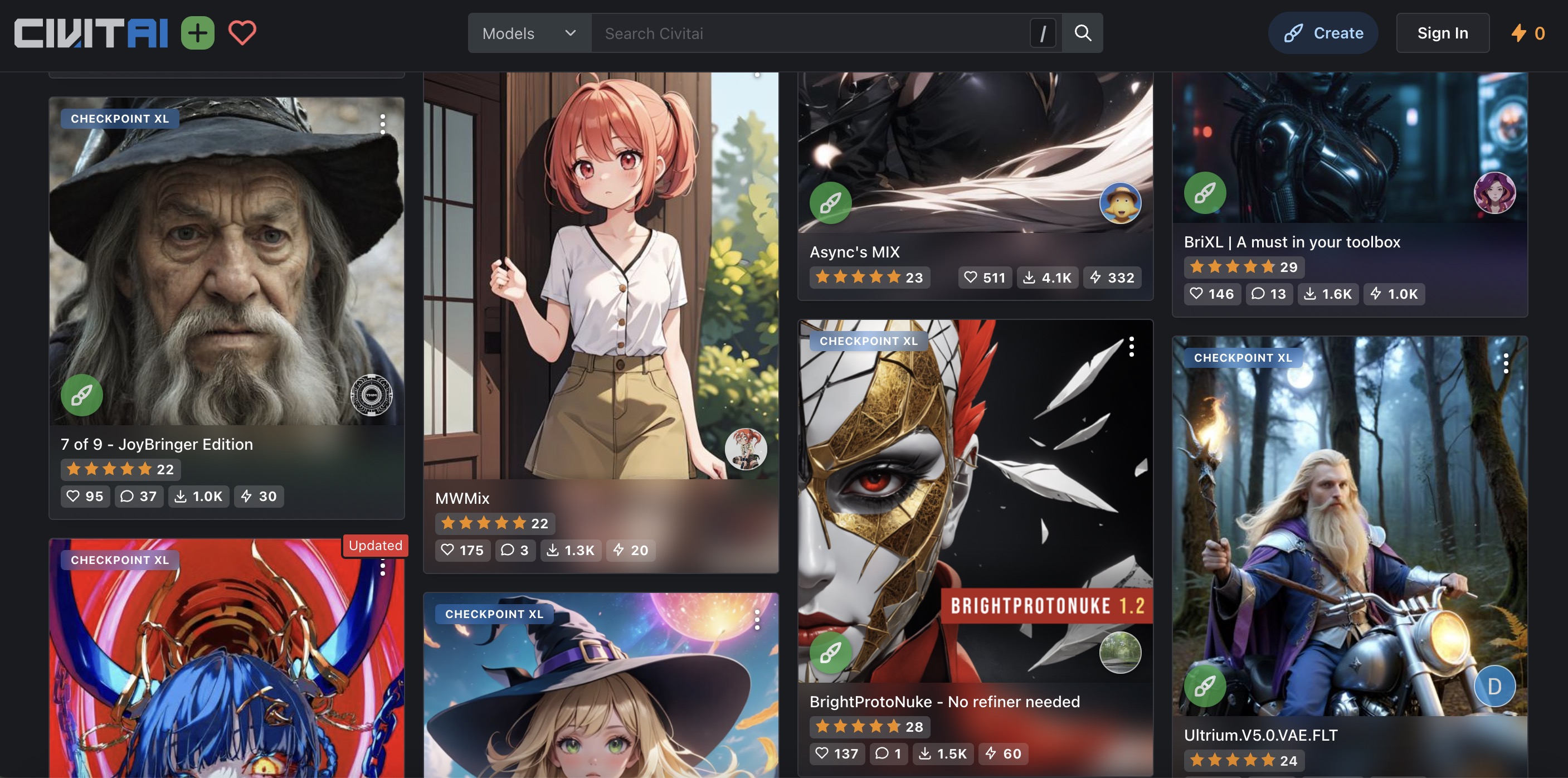Welcome to Startups Weekly. Sign up here to get it in your inbox every Friday.
One of the most interesting stories on the site this week — both to me personally as a hardware and AI nerd and according to our “how many people read this story” tools — is Brian’s meeting with the Humane AI pin. The product is a matchbook-sized marvel crammed full of tech, including 32GB storage, a multifunctional 12-megapixel camera. Its pièce de résistance, though, is a laser projection system capable of displaying information on any surface, even your palm. The device is a voice-first device, offering a seamless AI-driven experience with proprietary and OpenAI integrations, including GPT-4. It’s not just a gadget; it’s a glimpse into a future where AI is as wearable as a pin and as personal as your daily routine.
The other part of AI I’ve been thinking about is why we are collectively happy to let AI do some jobs but bristle at others. A lot of this shows up for me when I’m thinking about pursuits that are fundamentally human in nature: Making art, worrying about stuff we shouldn’t be worrying about, and other such activities. What does it mean to be human, anyway?
Finally, Airbnb has acquired the AI startup GamePlanner.AI, which was co-founded by Adam Cheyer and Siamak Hodjat, in a secretive deal rumored to be around $200 million. The co-founders are responsible for Siri and Samsung’s Bixby assistants. GamePlanner is shrouded in mystery, but its acquisition suggests that Airbnb may be working toward a travel concierge service. GamePlanner is Airbnb’s first acquisition since 2019 and its first as a public company.
Let’s see what else there is on the site this week . . .
Beep boop, I’m a robot

We are getting closer and closer to being able to get AI-powered robots capable of learning to interact with the physical world, enhancing repetitive tasks across various sectors. The challenge in robotics is creating high-quality datasets for physical interactions, necessitating a fleet of robots for diverse data collection. Deep reinforcement learning is crucial for success, argues Peter Chen, co-founder of Covariant. He claims that enabling robots to adapt and refine their strategies has laid the groundwork for this transformation, predicting a surge in viable robotic applications by 2024.
Meanwhile, in France, Romain is observing that a lot of the startup ecosystem — including French AI startups like Dust, Finegrain, Gladia, Mistral AI, and Scenario — is indicating that France is turning into a major AI hub. He says this is due to a strong talent pool — and, of course, notable venture capital activity, with firms like Index Ventures actively investing in AI startups.
Moar AI nuggets:
Startup shrugged: Atlas, a 3D generative AI platform, has launched with $6 million in seed funding after two years of development in stealth mode. Its aim is to make world designing easier for games development.
Like Flickr, but for Gen AI: Civitai, a generative AI content marketplace, provides a platform for users to share and discover AI-generated image models based on Stable Diffusion. The startup has experienced significant growth, leading to a $5.1 million funding round from a16z, at a $20 million valuation.
ChatGPT, take the weel: Ghost Autonomy, a company developing autonomous driving software, has partnered with OpenAI and landed a $5 million investment to explore the use of multimodal large language models (LLMs) in self-driving cars. Talk about making the hallucinations high stakes, y’all.
The robot will see you now: Forward Health has launched the CarePod, a self-contained and stand-alone medical station powered by AI, designed to perform clinical tasks found in primary care offices, such as blood tests and blood pressure readings, without the need for a doctor or nurse on-site.
Helloooo, startup land

In the context of a funding winter where investment activity is at a three-year low, founders, particularly those approaching Series A funding, are facing challenging times. I really enjoyed Katie Konyn and Daniela Restrepo’s guest article on TC+, talking about how to leverage LinkedIn to raise funding. They recommend growing a network, engaging with investors without immediately pitching, maintaining visibility through regular updates and accomplishments, and building reciprocal relationships. It’s a long game, they conclude.
Inversion Art aims to be the Y Combinator for artists, I wrote on TC+ this week. The company is offering an accelerator program to help artists find success. Co-founders Joey Flores and Jonathan Neil provide artists with support through purchase commitments, a share in sales, and practical services for five years. This approach includes a biannual, three-month program in Los Angeles for selected artists, culminating in an exhibition. Their model blends direct financial investment with comprehensive back-office management services, targeting fine artists and potentially extending to other creative professionals. It’s a cool idea — god knows if it’ll prove to be venture-scale, but I like the approach of empowering artists to define and achieve success on their own terms.
More startup stories:
Well that’s one way to make a market: Samara, a company spun out of Airbnb, has recently obtained new funding, positioning itself as a potential solution to the U.S. housing crisis. I have mixed feelings about this one, especially given that Airbnb may itself have some responsibility in causing the housing crisis in the first place.
Revolving doors: Zeus Living, a proptech startup reportedly backed by Airbnb, is shutting down its operations. Founded in 2015, the company initially focused on redecorating landlords’ homes and renting them to relocated workers for extended stays, later expanding to offer more flexible living options to a broader audience. That didn’t quite work out as planned.
Here’s a browser for you, my AI friend: When OpenAI connected ChatGPT to the internet, it supercharged the AI chatbot’s capabilities. Now the search engine You.com wants to do the same for every large language model out there.
Let’s go on an adventure!

Rocky waters at GM at the moment, as the mothership intensified its oversight over Cruise, its self-driving car subsidiary, following incidents that led to the suspension of Cruise’s commercial operation permits in California. GM executive Craig Glidden, who is also a Cruise board member, has been appointed as chief administrative officer to lead the company’s legal, policy, communications, and finance teams. Cruise has paused all supervised and manual autonomous vehicle operations in the U.S., affecting about 70 vehicles. A survey found that half of Cruise employees surveyed have low confidence in the company’s safety culture.
More known for hauling fossil fuels out of the ground, Exxon is planning to tap into the U.S.’s vast lithium reserves to power electric vehicles. The U.S. holds large quantities of recoverable lithium, critical for EV batteries. The scale is pretty beefy: The amount of lithium the company wants to drill would supply more than a million vehicles per year.
More transportation news:
Okay, fine, you can drive: Uber is implementing new measures to address the issue of unfair driver deactivations, a significant concern for ride-hail and delivery drivers. The measures include better reviews, recording features, and voluntary drug testing.
Is it a bird? A plane?: Joby Aviation and Volocopter performed brief demonstration flights of their electric aircraft over New York City, showcasing a glimpse of the future of aviation.
Let’s see other people: Rivian’s electric vans are no longer exclusive to Amazon, as the automaker has announced it will now sell its commercial electric vans to other companies. This decision ends the exclusive deal made with Amazon in 2019.
Who needs music anyway?: A recent software update intended to fix bugs and improve proximity locking in Rivian’s vehicles inadvertently bricked some of their infotainment systems. It isn’t clear whether this can be resolved with an OTA update. Luckily, Rivian says only about 3% of vehicles were affected — but they may need to be serviced by a technician. Whoops.
Top reads on TechCrunch this week
Alpha and Omegle: Omegle, a popular online chat service known for connecting strangers for conversations, has been shut down after more than 14 years due to the growing misuse of the platform, which included involvement in “unspeakably heinous crimes” — including an alleged 600,000 instances of child abuse.
Ahh, finally some peace and Dimmu Borgir: The Bose QuietComfort Ultra headphones deliver exceptional comfort, sound quality, and top-notch noise cancellation, Brian reviews. The headphones justify their $429 price tag as one of the best noise-canceling Bluetooth headphones available.
We have trust issue: Epic and Google clashed in a court, with a trial focusing on Google’s alleged anticompetitive practices in its Play Store. The core challenge is Google’s commission on in-app purchases and special deals with developers. Here’s 5 things we learned this week
Price lists at dawn: Lyft’s aggressive pricing strategy to compete with Uber has led to gradual growth for the company, although the competition in the ride-hail market remains intense.





























Comment